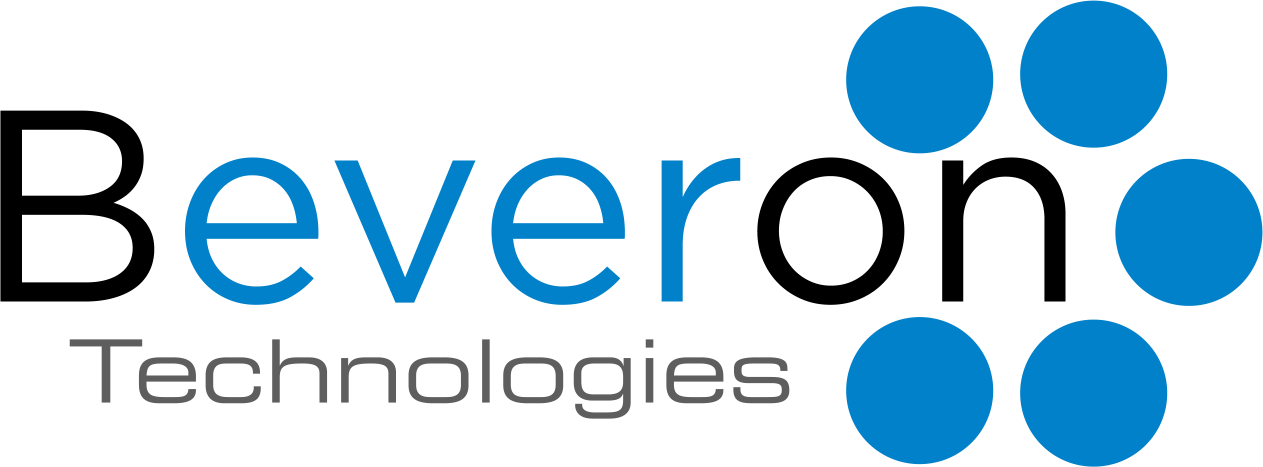Game changing advancements in legal sector in 2023

The legal sector is now being shaped by a number of technological advances. Legal services are more accessible to the general public by providing online platforms and new modern technology help to ease legal services by automating certain processes and making it easier for legal professionals to access and analyze information. There are many dis innovative developments in the legal sector and some are disruptive. Some examples of these innovations include:
Artificial intelligence (AI) and Machine Learning are being utilized to automate a variety of tasks in the legal profession, including contract management, legal agreements review, and legal research. Artificial intelligence (AI) is becoming increasingly important in the legal sector as it has the potential to assist lawyers and other legal professionals in various tasks, such as legal research, contract review, and predicting the outcomes of cases. AI tools can help legal professionals save time and increase efficiency, allowing them to focus on more complex and value-added tasks. However, it is important to note that AI is not a replacement for human legal professionals, but rather is a tool that can assist them in their work.
Online Legal Office platforms are becoming more and more popular for using to settle legal disputes, which can be quicker and less expensive than traditional litigation. Many law firms in the region are building such platforms which is going to be game changer. Online platforms such as Beveron Smart Lawyer Office have a variety of uses in the legal industry. For instance, they can give legal practitioners a way to communicate with clients, share information and documents, and work together on cases. Legal Smart software can also be a helpful tool for conducting legal research because they give users access to a variety of legal documents and data. Additionally, certain internet resources provide tools and services that help legal practitioners complete duties like contract evaluation and analysis more quickly and effectively.
Blockchain
The usage of blockchain technology is being investigated in the legal sector for uses like supply chain management, smart contracts, and secure document monitoring. The legal industry could be significantly transformed by blockchain technology in a variety of ways. For document management and record-keeping, blockchain technology has potential applications in the legal industry. A secure and unchangeable record of contracts, agreements, and other papers might be created using blockchain, for instance, making it simpler to trace and confirm the legitimacy of these documents. Additionally, blockchain might be used to streamline the flow of legal information and services between parties, eliminating the need for middlemen and boosting efficiency and transparency. The construction of smart contracts, which are self-executing contracts with the conditions of the agreement between buyer and seller being directly encoded into them, is another potential use of blockchain in the legal industry.










